Introducing the Rural Health Data Ecosystems (RHeDE) Program
A new DASH program, called Rural Health Data Ecosystems (RHeDE), amplifies the expertise of rural public health organizations and underscores the importance of community dynamics.
From 2023 until June of this year, DASH was among a network of organizations providing technical assistance to public health departments implementing the CDC’s data modernization initiative (DMI). The CDC’s DMI was a part of the public health infrastructure grant (PHIG), under which public health departments could submit requests for assistance on technical, ethical, and regulatory data modernization challenges.
It is a big job for any public health department to modernize its data sharing, data governance, and technical pieces. During our engagement supporting the DMI, we were especially struck by the challenges faced by rural agencies.
Rural areas have unique infrastructure, technology, and transportation needs. For example, rural public health departments may have decentralized facilities, may be housed within other agencies, or may have limited Internet access, which may make coordination difficult. These types of challenges can lead to increased marginalization of rural public health agencies and communities.
Yet there are many bright spots of collaborations overcoming these challenges and building on strengths of rural communities. DASH has launched the Rural Health Data Ecosystems program (RHeDE, pronounced “Ready”) to learn more about what makes successful health data sharing possible in rural areas.
Through this introductory program, which starts and ends this year, DASH hopes to celebrate and amplify rural areas’ existing knowledge. Grantees consist of six pairs of organizations, each pair composed of a state or regional health data leader (a “champion organization”) and a community-based organization located in that same region (a “community awardee”). Champion organizations serve as program advisors while community awardees work to map their community data ecosystem.
A data ecosystem is made up of the what, the who, and the how that shape information sharing within the landscape. To understand a community’s data ecosystem, it is important to include the relationships that shape how information is gathered and used, and the lenses, structures, and processes that may facilitate or complicate health information sharing.
A community data ecosystem map makes visible how information is collected and shared to support community health and well-being. But it also helps visualize how community voice is centered, how local strengths are leveraged, and how shared values guide information pathways and build community narratives. The act of mapping makes assets and resources more visible.
Building on successful past program approaches, DASH is prioritizing deep listening, community-led design, and asset framing in our administration of RHeDE. Through RHeDE, we hope to develop our own capacity around rural contexts and needs, as well as to nurture trust with new partners. We look forward to blending our lens with rural public health communities’ expertise in this mutual learning journey.

